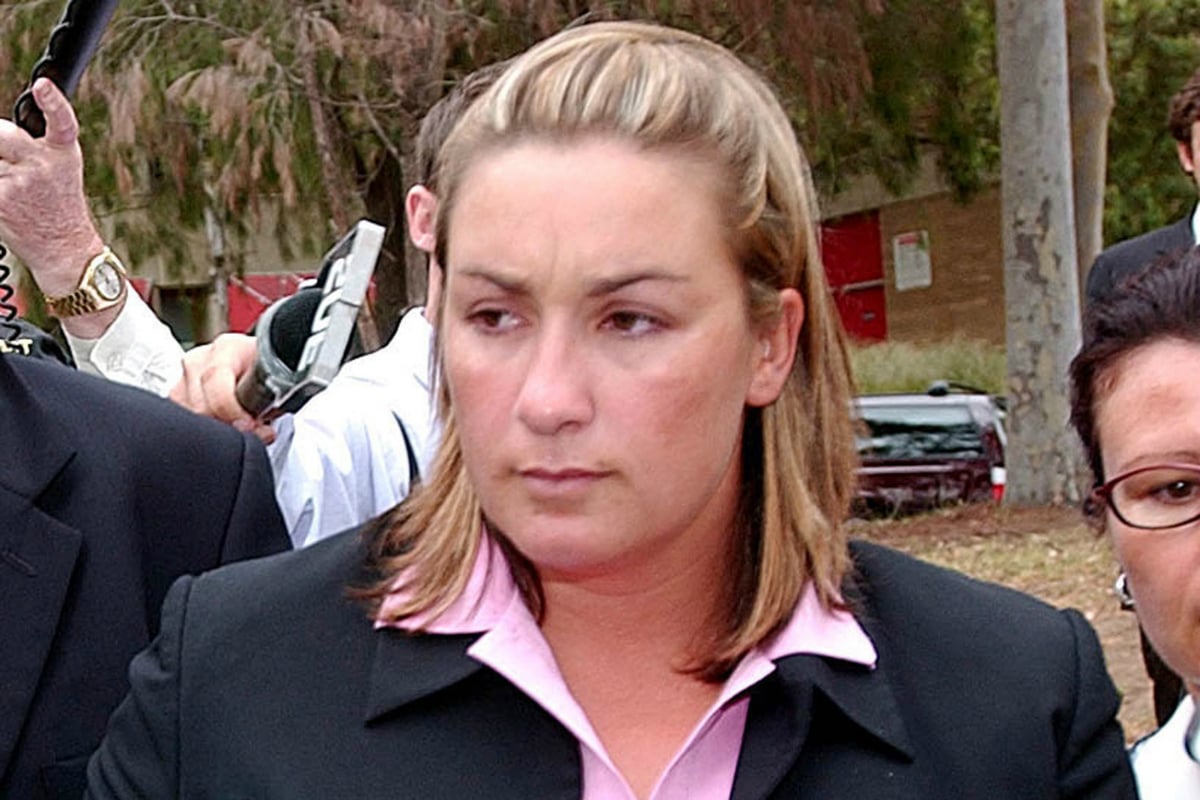
Keli Lane was 21 when she gave birth to daughter Tegan at Sydney’s Auburn Hospital in September 1996. Two days later, she attended a friend’s wedding alongside her boyfriend Duncan Gillies, but there was no sign of the baby, no acknowledgement the child had ever existed.
In 2010, a jury determined that Keli had murdered the newborn. Yet no body or weapon has ever been found, and Keli, who is currently serving 18 years in Silverwater Women’s Correctional Centre, maintains her innocence. In her version of events, Tegan’s father, a man named Andrew Morris/Norris (Keli is not certain which) with whom she’d been having a casual affair, took the baby home from hospital with the intention of raising her. This man has never been located.
Instead, Keli’s conviction hinged largely on circumstantial evidence, including a series of lies she’d told about secret pregnancies.
Tegan was the result of one of five pregnancies the Australian water polo player had experienced in just seven years; all of which went undetected by her family, friends, teammates, and even Gillies. The fate of the other four later became known: two were terminated, two were carried to term and the babies adopted out.
These unwanted pregnancies, and her concealment of them, was a critical element of the high-profile trial. One of the many loose ends from the case that investigative journalist Caro Meldrum-Hanna attempted to tie up in recent ABC documentary series, Exposed: The case of Keli Lane.

Top Comments
I think she cannot face up to what she did.
Given that there are no witnesses, no bodies no trace of that baby girl, has anyone investigated the possibility that Keli had prearranged to sell the baby - to goodness knows who? Maybe she is alvde somewhere out there and has no idea of who she is or her history.
At the coronial inquiry, she was given immunity from prosecution for all crimes except murder. If there was an illegal adoption, she could have admitted that then. That makes me inclined to believe Tegan was murdered. Alternatively, Lane may have a hard time admitted to the truth and that's why she never admitted the illegal adoption.
The authorities searched through records for every birth and school registration for children the same age as Tegan as well as searching all immigration records. They basically covered every possible type of record that tegan would appear on if she were in fact alive regardless of whether her name had been changed or not. They found no trace of a child her age who was not accounted for as a birth or adoption through legal means. That was what gave them a murder charge to work with. The evidence strongly suggested that tegan had not survived long past the point of leaving that hospital.
I believe Kelli was a woman who did not value herself or know how to manage her pregnancies but I do think she knows what happened to the baby at least further from what she has admitted.
Well said